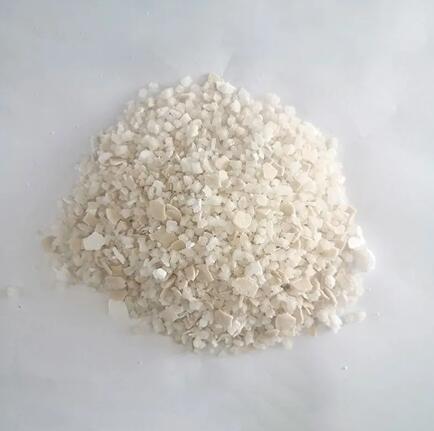How to Choose the Right Environmentally Friendly Snow Melting Agent for Your Needs
2024-09-03
Introduction: The Importance of Choosing the Right Snow Melting Agent
Winter weather can create hazardous conditions on roads, driveways, and sidewalks, making snow and ice removal a crucial task. While traditional deicing agents like rock salt have been widely used for decades, their environmental impact has led to a growing demand for more sustainable options. Environmentally friendly snow melting agents provide an effective and eco-conscious solution, but with various products available, choosing the right one for your specific needs can be challenging. This blog will guide you through the factors to consider when selecting an environmentally friendly snow melting agent.
1. Assessing Temperature Requirements
One of the first factors to consider when choosing a snow melting agent is the typical temperature range in your area. Different agents have varying levels of effectiveness at different temperatures:
- Magnesium Chloride: This agent is effective at temperatures as low as -15°F (-26°C) and is a good choice for regions with extremely cold winters.
- Calcium Magnesium Acetate (CMA): While effective, CMA works best in temperatures down to around 20°F (-7°C). It is ideal for areas with milder winters.
- Beet Juice Mixtures: Beet juice additives can enhance the performance of traditional deicers at lower temperatures, making them effective in colder climates.
By understanding your local weather patterns, you can select an environmentally friendly snow melting agent that will perform well under your specific conditions.
2. Evaluating Environmental Impact
When choosing an eco-friendly snow melting agent, it’s essential to consider its environmental impact. Look for products that are biodegradable, non-toxic, and have minimal impact on soil and water quality:
- CMA is highly regarded for its minimal environmental impact. It is non-toxic, biodegradable, and does not contribute to soil or water pollution.
- Magnesium Chloride is another environmentally friendly option, though it should still be used in moderation to avoid potential accumulation in soil and water sources.
Check the product label or consult with the manufacturer to understand the environmental credentials of the snow melting agent you are considering.
3. Considering Corrosion Potential
Corrosion is a significant concern when using deicers, as it can damage vehicles, road surfaces, and infrastructure. Environmentally friendly snow melting agents generally have lower corrosive properties compared to rock salt:
- Magnesium Chloride is less corrosive than traditional salts, making it a safer choice for use on metal surfaces and concrete.
- CMA is virtually non-corrosive, making it an excellent option for areas with heavy traffic or where infrastructure preservation is a priority.
If you are concerned about corrosion, look for products specifically labeled as low-corrosive or non-corrosive.
4. Evaluating Application and Cost
The ease of application and overall cost are practical considerations when selecting a snow melting agent. While environmentally friendly options may have a higher upfront cost, their benefits often outweigh the price difference:
- Application Methods: Some eco-friendly snow melting agents are available in granular form, while others are liquid. Liquid deicers can be applied more evenly and may require less product to achieve the desired effect.
- Cost: While products like CMA might be more expensive initially, their reduced environmental impact, lower corrosion potential, and effectiveness can make them more cost-effective in the long run.
Consider the ease of application and long-term benefits when evaluating the cost of different snow melting agents.
5. Ensuring Safety for Plants and Pets
For residential use, especially in areas with gardens or pets, it’s crucial to choose a snow melting agent that is safe for plants and animals:
- CMA is known for being plant-friendly and safe for use around pets.
- Urea is another option that is less harmful to plants, though it should be used with caution near water sources.
Always check the product’s safety information to ensure it is suitable for use in your specific environment.
Conclusion: Making the Eco-Friendly Choice
Choosing the right environmentally friendly snow melting agent involves considering several factors, including temperature effectiveness, environmental impact, corrosion potential, cost, and safety. By carefully evaluating these aspects, you can select a product that not only keeps your surfaces ice-free but also aligns with your commitment to sustainability. Whether you’re a homeowner looking to protect your property or a business aiming to reduce environmental impact, environmentally friendly snow melting agents offer a responsible and effective solution for winter maintenance.



